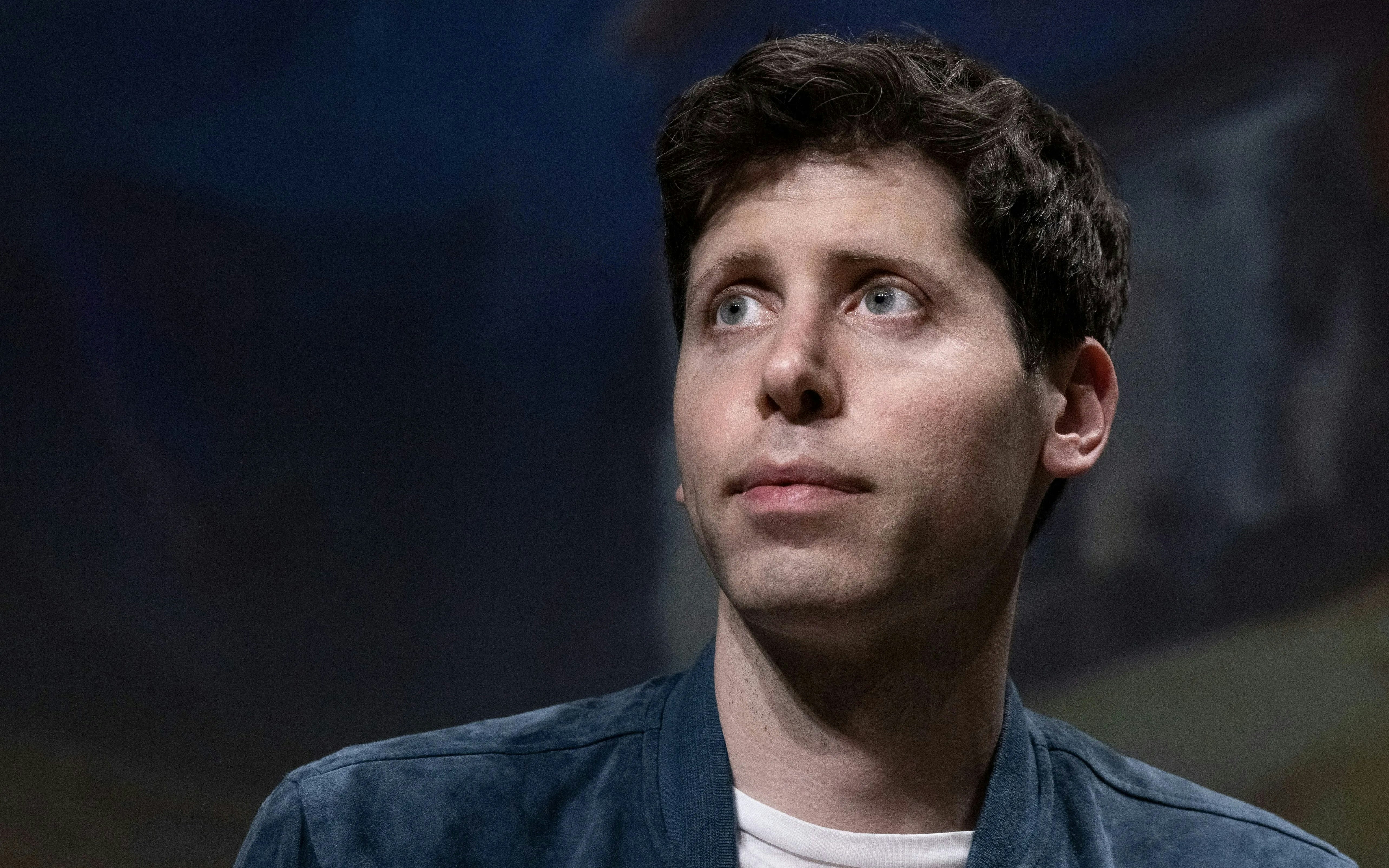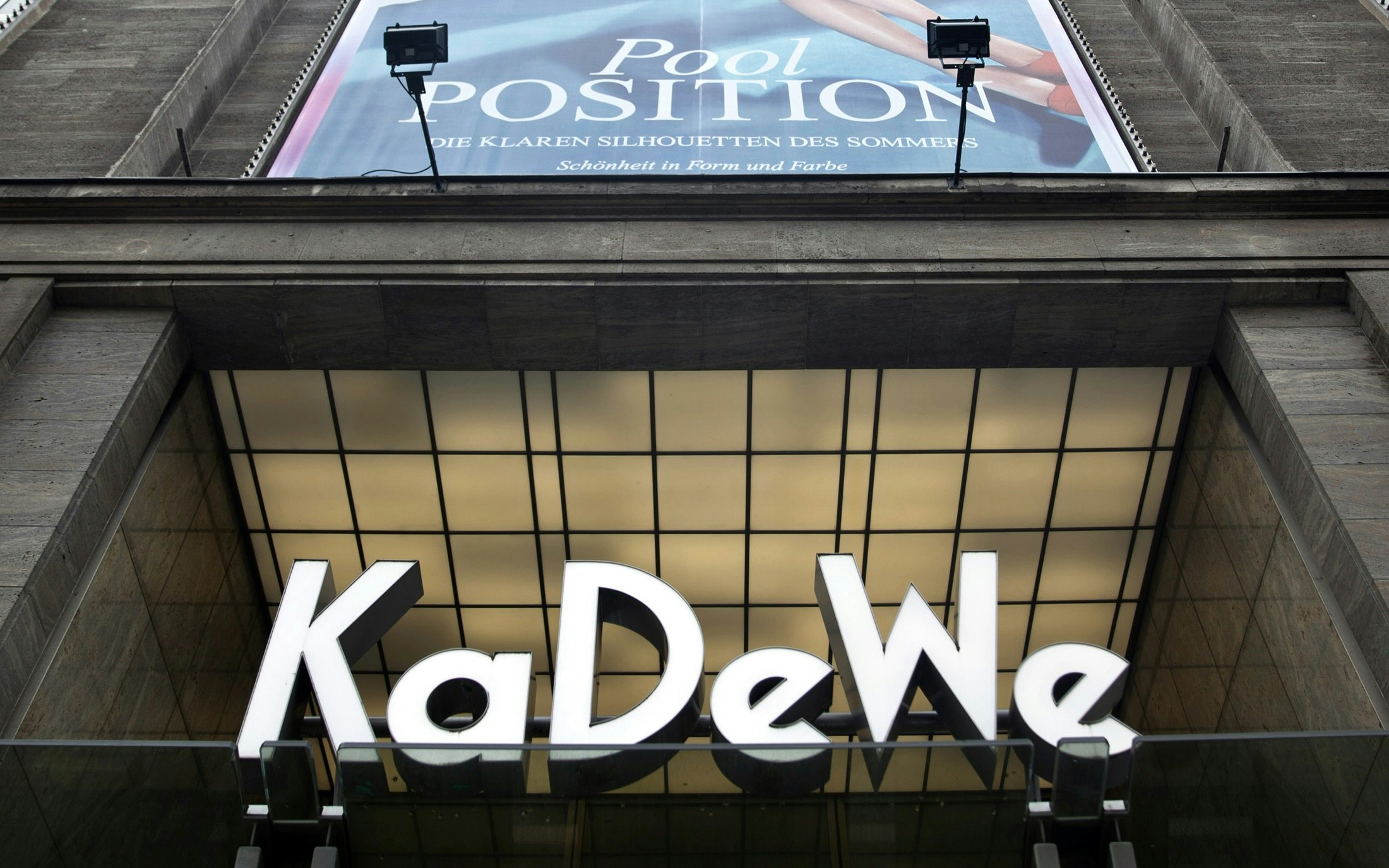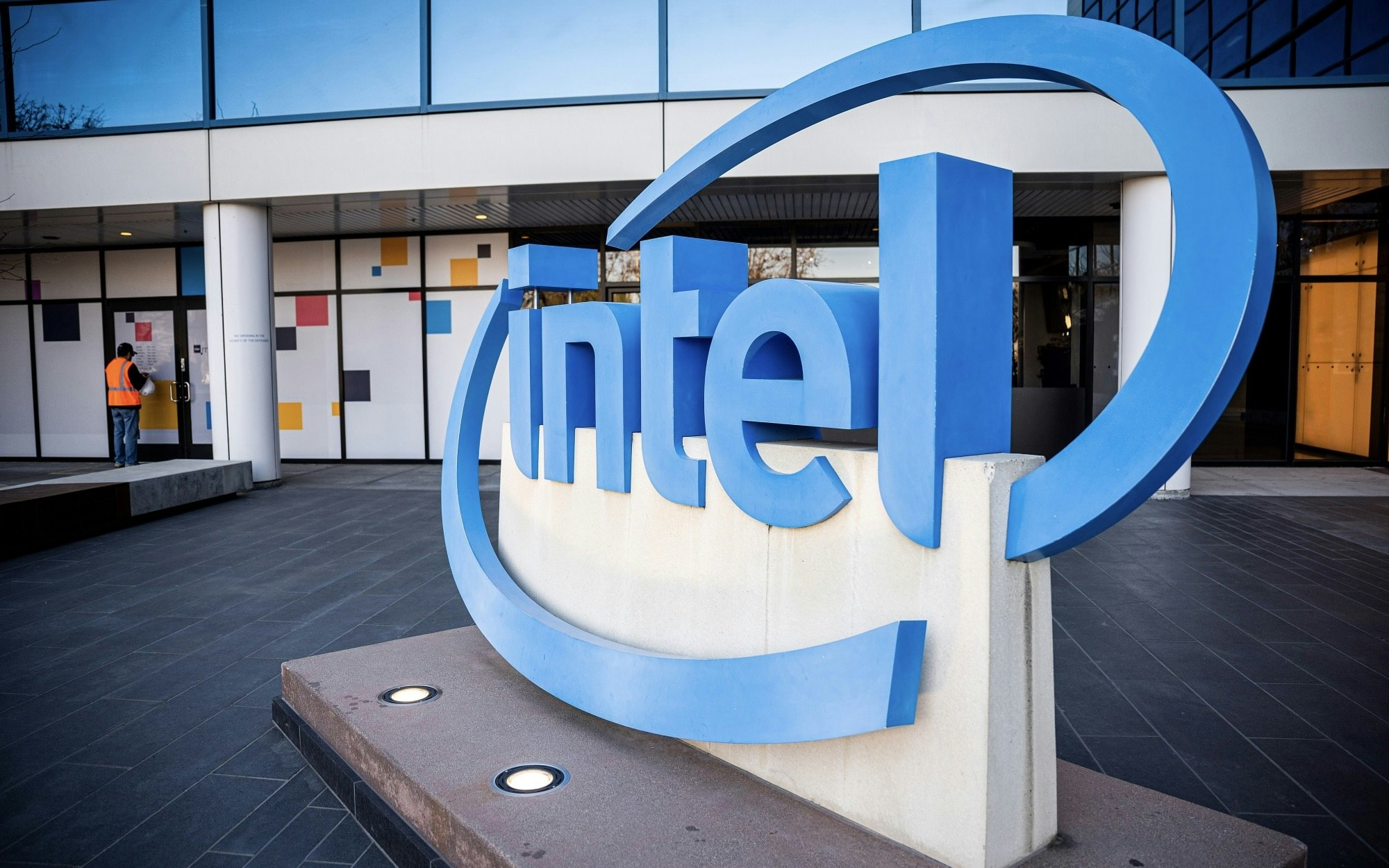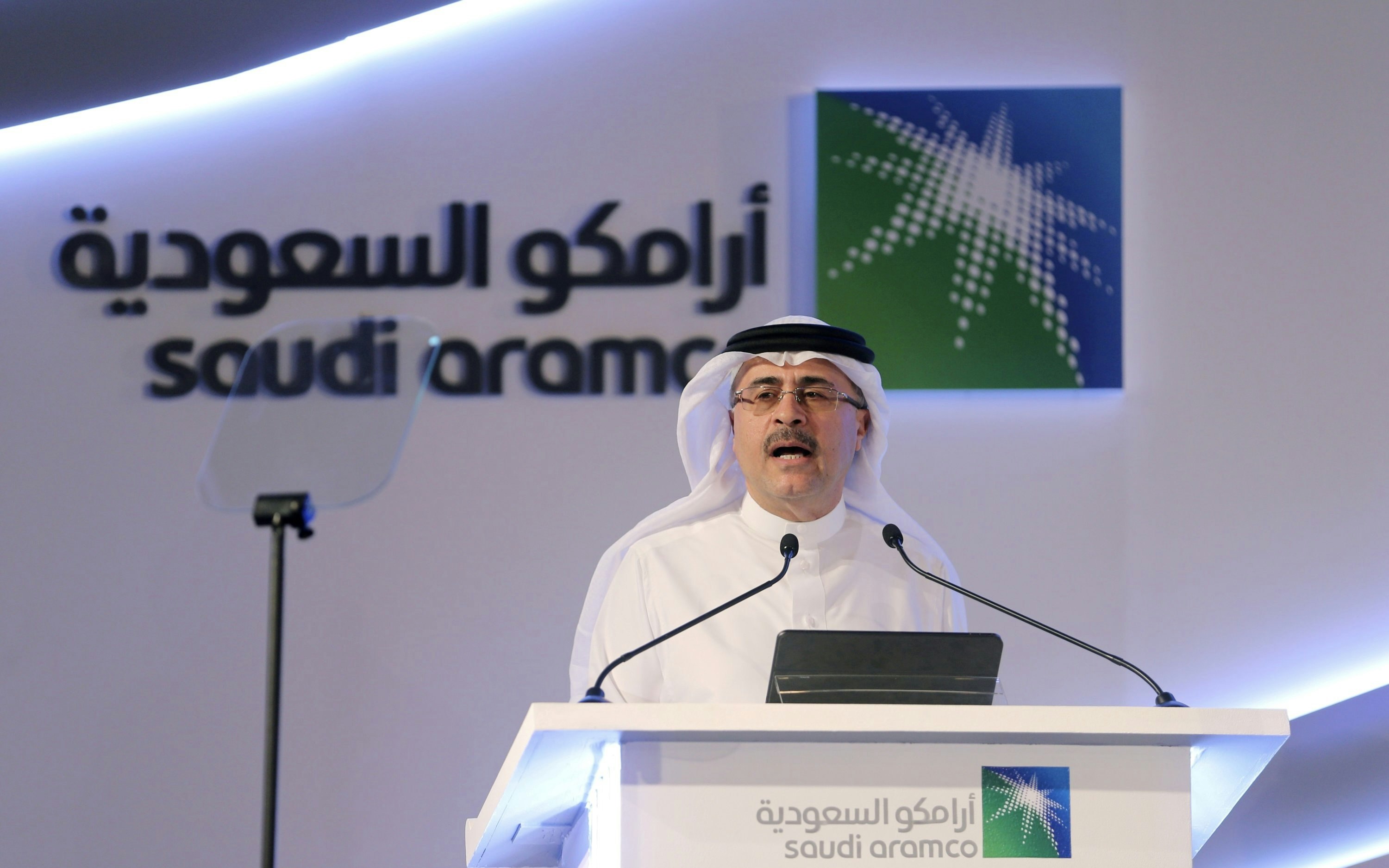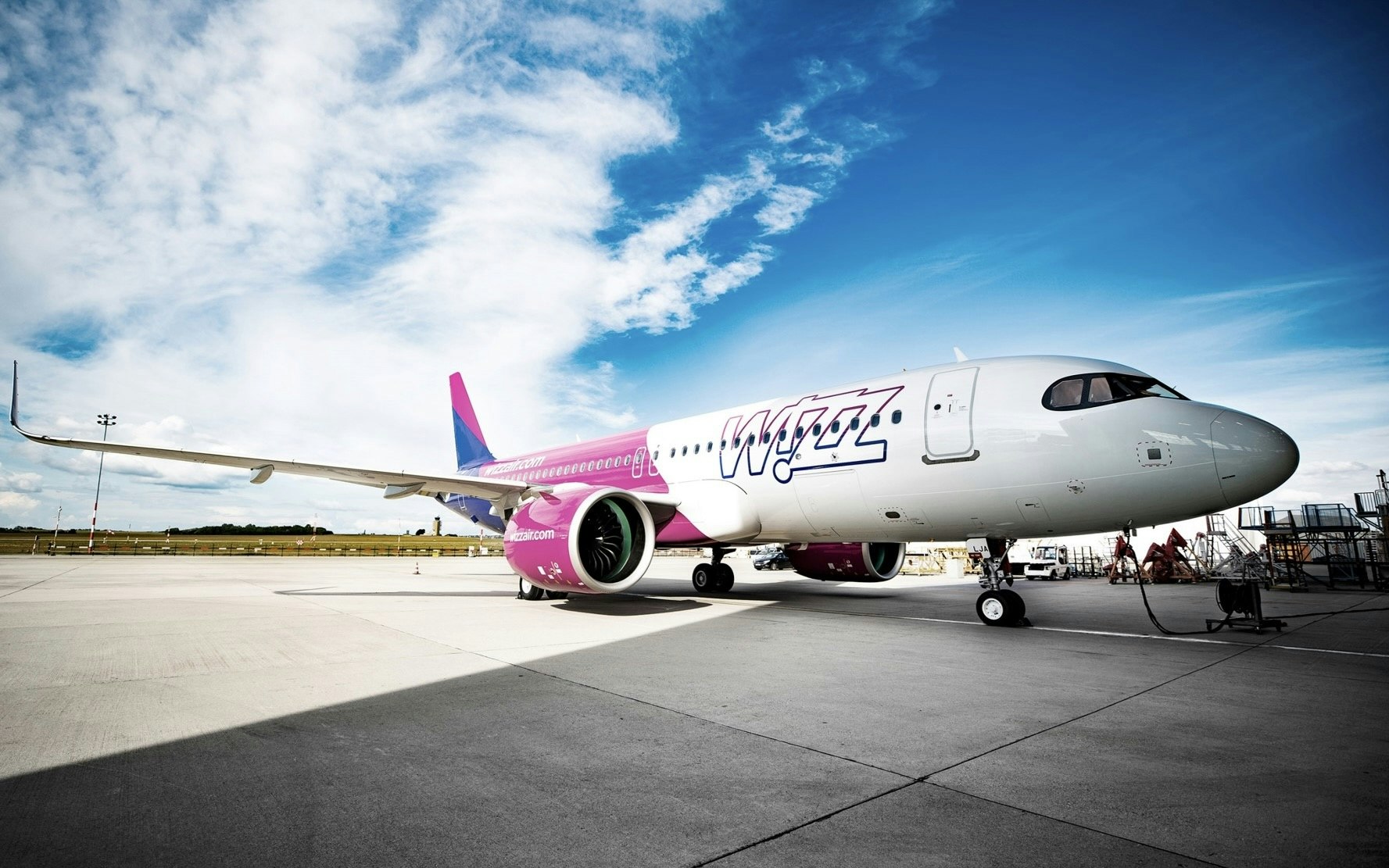The manufacturer of ChatGPT, OpenAI, is in talks with semiconductor designers, including Broadcom, to develop a new chip. This is part of the company's efforts to reduce its dependence on Nvidia and strengthen its supply chain.
The talks are part of initiatives led by Sam Altman, the co-founder and CEO of OpenAI, to increase the supply of components and infrastructure necessary for operating increasingly powerful AI models.
The limiting factor of AI is capacity: chip capacity, energy capacity, computing capacity. [OpenAI] will not sit back and let others build [it] when they are at the forefront," said a person with knowledge of OpenAI's plans.
Altman has engaged with chip manufacturers, partners including Microsoft, government agencies, and financiers to increase capacity and maintain his company's position at the center of a massive technology boom triggered by the release of the San Francisco-based company's ChatGPT chatbot at the end of 2022.
The discussions between OpenAI and Broadcom, first reported by The Information, revolved around the role Broadcom could play in developing a new chip for OpenAI. According to a person familiar with the discussions, the conversations are in early stages and OpenAI has "networked across industries.
OpenAI holds ongoing discussions with industry and government representatives about expanding access to the infrastructure needed to ensure that the benefits of AI are widely accessible," OpenAI said in a statement. "This includes working with leading chip designers, manufacturers, and data center developers.
Broadcom did not respond to a request for comment.
Powerful semiconductors are one of the hottest commodities for leading AI companies. OpenAI, Microsoft, and the main competitors Anthropic and Google particularly rely on Nvidia's state-of-the-art graphics processors to train and run their models.
It is unlikely that OpenAI can compete with Nvidia's technological superiority in the short term, but the company is exploring various ways to become more independent in its pursuit of artificial general intelligence — AI that can surpass humans in a range of cognitive tasks.
Even with the support of Microsoft, which has committed to a $13 billion investment, the start-up would need additional financial backing or commercial partnerships to realize its plans, according to a person familiar with the plans.
It's fair to say that it requires massive amounts of money to do these things," the person said.


